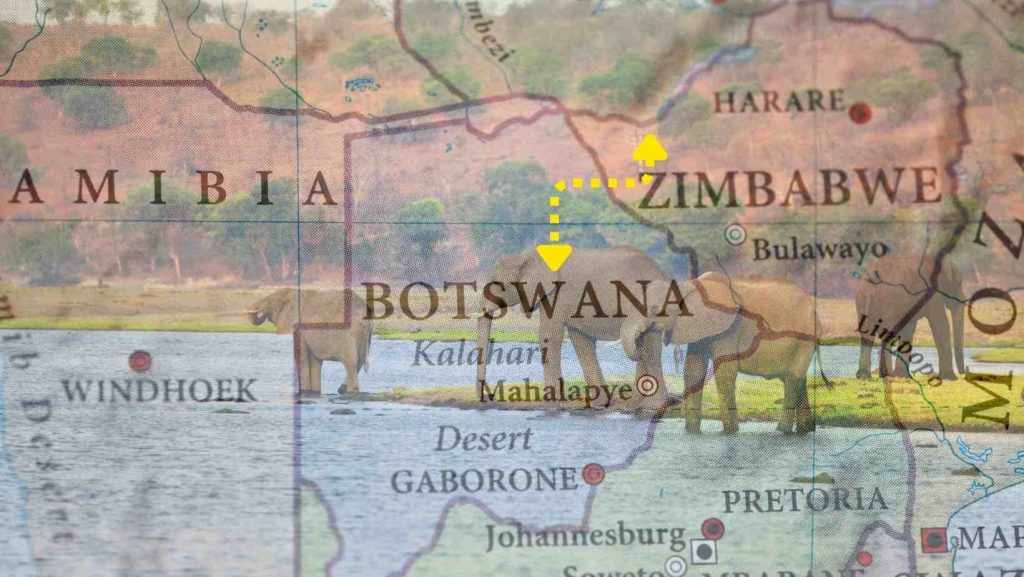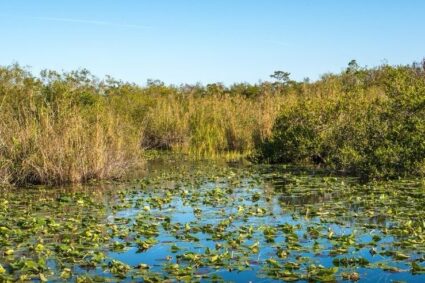A substantial number of elephants from Zimbabwe’s largest national park are migrating to neighboring Botswana in search of water, as reported by the Zimbabwe Parks and Wildlife Management Authority spokesperson on Monday.
According to Tinashe Farawo, a spokesperson for the Zimbabwe Parks and Wildlife Management Authority, numerous animals, including elephants, are currently relocating from Hwange National Park to Botswana. This park encompasses an area exceeding 14,600 square kilometers (5,600 square miles) and is the habitat of approximately 50,000 elephants.
“Water bodies have dried up and the animals are in search of water and food hence buffaloes and all types of animals present in the park were also migrating in scores. I can’t quantify how many elephants have moved whether it’s hundreds or thousands but it has been a lot,” said Farawo.
The migration began in August.
“The amount of animals migrating has definitely increased over the years due to the increase in water shortages,” Farawo added.
The authority said wildlife migration between Hwange National Park to Botswana is not uncommon, however this year it had come “too early”, citing climate change.
The mass movement of wild animals could lead to an increase in conflict between humans and wildlife as they pass through populated areas in Zimbabwe.
“It means more animals are going to invade communities, people competing for water with animals,” Farawo warned.
Conflict between humans and wildlife is a significant problem in remote parts of Zimbabwe, caused in part by population growth.
Elephants killed at least 60 people last year, according to Zimbabwe government figures.
Zimbabwe has around 100,000 elephants, the second largest population in the world, and almost double the capacity of its parks, conservationists say.
Botswana is home to around 130,000, the world’s largest elephant population.
The Intergovernmental Panel on Climate Change has designated southern Africa as a region at risk due to the increased likelihood of extreme heat and reduced rainfall resulting from global warming.




